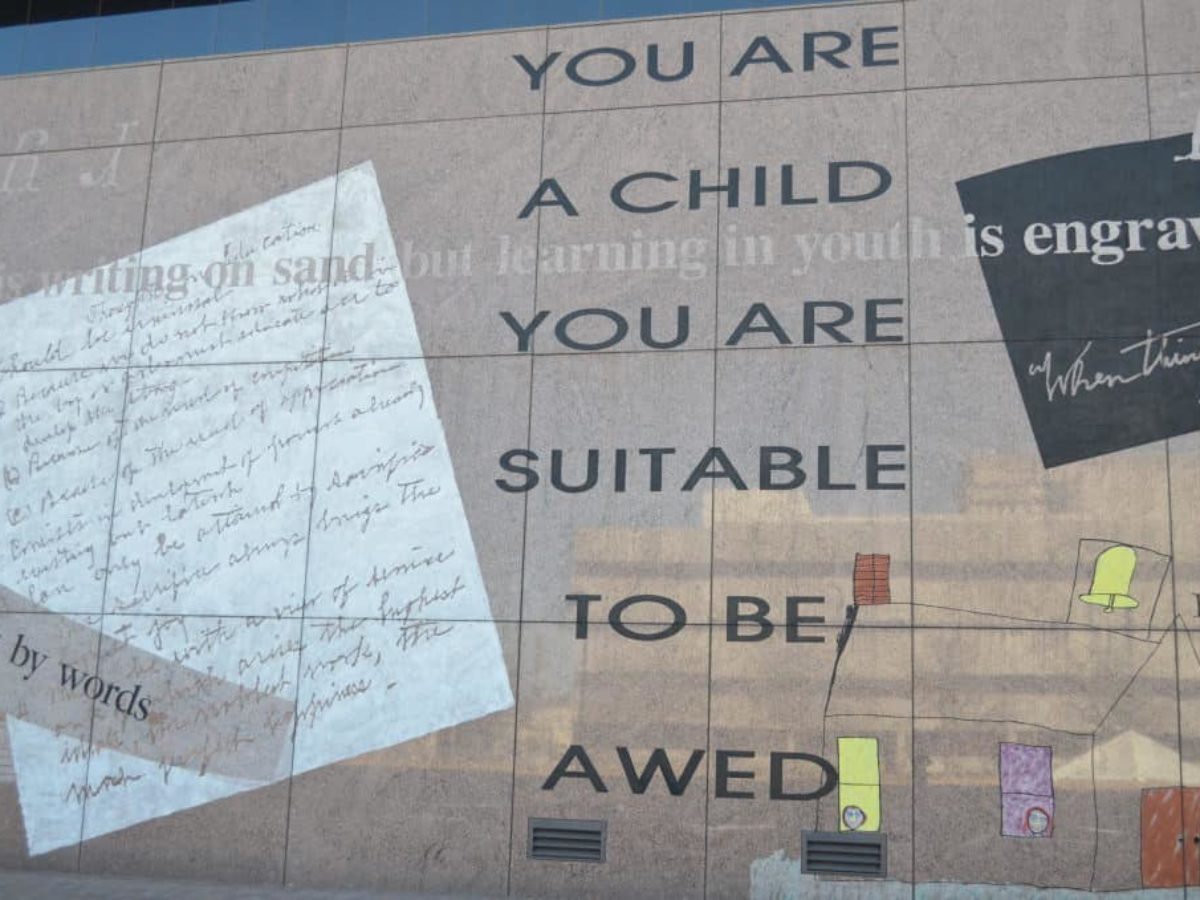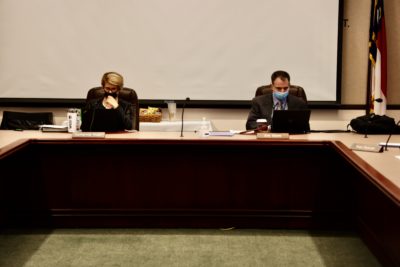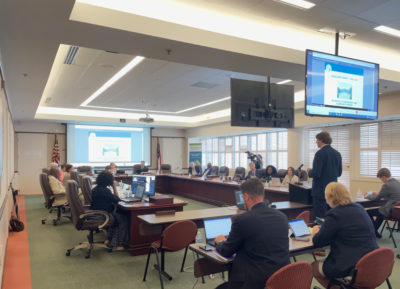
|
|
The State Board of Education passed grades 6-12 “unpacking documents” last week for the new social studies standards approved back in February.
Jill Camnitz, a State Board member who has overseen the creation of the new social studies standards, said during the meeting last week that the 6-12 unpacking documents were the end of a long journey with these standards.
“The documents are the last step in a process that has taken several years, involving untold hours of work by our staff and by hundreds of teachers across the state,” she said.
Sign up for the EdDaily to start each weekday with the top education news.
But that process was rife with controversy. The standards were first up for discussion last summer, when there was considerable pushback from members of the Board over their recommended adoption. There were worries that the standards weren’t specific enough, and as a result, each district in the state could end up having radically different social studies curriculum. The Board ultimately voted to delay approval of the standards until early this year.
When the standards came back in front of the Board in January and February, there was strong disagreement among members, with Republicans ultimately voting against the standards. Opponents of the standards said they painted America in too much of a negative light without celebrating the country’s achievements, while proponents said that the standards gave a more accurate view of the country’s racial history. (For more information, you can read about the debate from January and February.)
Since the approval of the standards in February, the Board has taken on the subject of supporting documents. Unpacking documents for grades K-5 and other supporting documents related to the social studies standards were passed in June, with the rest of the documents being approved last week.
“Board decisions are always centered around the best interests of our children and while we do not always agree on exactly what that looks like, that is what motivates all of us,” Camnitz said before voicing her support for the 6-12 unpacking documents last week.
Here were the votes on the social studies standards from February:
- Olivia Oxendine: No
- Todd Chasteen: No
- Lt. Gov. Mark Robinson: No
- Treasurer Dale Folwell: No
- Amy White: No
- Eric Davis: Yes
- Alan Duncan: Yes
- Reginald Kenan: Yes
- James Ford: Yes
- Jill Camnitz: Yes
- Donna Tipton-Rogers: Yes
- Wendell Hall: Yes
Robinson and Folwell weren’t present for the vote on the supporting documents in June, but Oxendine, Chasteen, and White all voted no. Last week, Oxendine, Chasteen, White, Folwell, and Robinson all voted no.
While the discussion last week was supposed to be on the 6-12 unpacking documents, the discussion was mostly about the standards themselves. That’s because in late June, the Fordham Institute, a right-leaning organization, released a report on civics and social studies standards for all 50 states. It gave North Carolina a D- for the new standards, writing:
“North Carolina’s new civics and U.S. History standards are inadequate. Nebulous verbiage and an aversion to specifics make them functionally contentless in many places, and organization is poor throughout. A complete revision is recommended before implementation.”
David Stegall, deputy superintendent of innovation at the state Department of Public Instruction, said that North Carolina has never received better than a D from the Fordham Institute. He said this is because North Carolina’s standards are conceptual and favor local control over curriculum.
Sign up for the EdWeekly, a Friday roundup of the most important education news of the week.
He also said that when the standards were evaluated by the Fordham Institute, the supporting documents for the standards weren’t available, and so the standards couldn’t be fully assessed. The supporting documents contain more specifics on how the standards can be met.
After the vote last week, state Superintendent Catherine Truitt had some words to say about the standards process in general. When the standards came up for discussion in January, it was Truitt’s first State Board meeting.
She said that just because the state always gets a bad grade from the Fordham Institute isn’t reason to dismiss its findings. She said the reviewers of the standards were bipartisan and dismissing the report and the organization as right-leaning is “shortsighted.”
Truitt said the state may be getting a bad grade because:
“We are not understanding what local control means when it comes to what a standard should look like,” she said. “A standard is a statement of essential knowledge that students are expected to learn. And our standards do not contain any statement of essential knowledge that is to be learned because, as Dr. Stegall commented, they are conceptual.”
She said the bad grade is also because the standards are organized thematically rather than chronologically.
“Students, especially young students, cannot examine relationships among events or explain historical causality without a strong sense of chronology,” she said.
She said, for example, the reason so many young people don’t know when World War II happened is because of this traditional emphasis on theme rather than chronology in state standards.
She said that giving local control doesn’t mean the state shouldn’t put forth some “non-negotiable historical content that students must learn.” She said the social studies standards as currently formulated amount to concepts rather than standards. She said the purpose of state standards should be to “put a stake in the ground” and say what students should learn.
Truitt said that she will bring before the Board in August an “alternative template” for developing social studies standards.
Board Chair Eric Davis said any proposal will ultimately have to be considered and approved by the Board to move forward, and that any Board decision will ensure standards that “continue to include the experiences of Americans across all our similarities and differences, as well as our pledge to equity and the whole child as expressed in our strategic plan.”
He also said that the social studies standards will move forward with implementation this fall. Legislation that would delay implementation of the standards by the year has passed the House but hasn’t made its way through the Senate yet.
Here is the presentation on the unpacking documents.
Recommended reading




